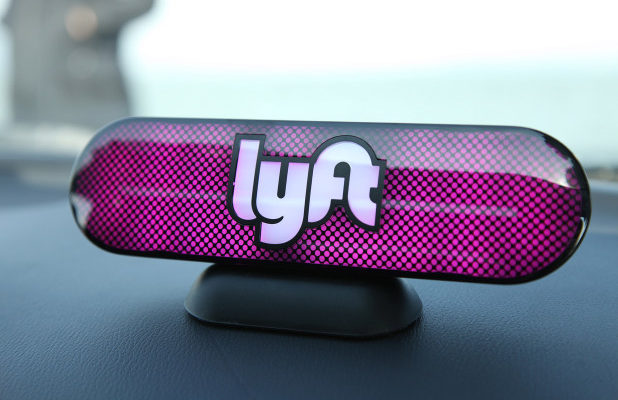By Carleton
Investors, start your engines: The ride-hailing IPO race is finally kicking off.
Lyft — the No. 2 taxi app behind Uber — pulled ahead of its bigger rival on Friday as it made a long-anticipated filing for an initial public offering.
The San Francisco-based company is expected to go public later this month on the Nasdaq under the ticker symbol “LYFT” in a deal that’s expected to raise between $2 billion and $3 billion in cash and value the app at more than $20 billion.
In a thick prospectus loaded with financial information, the company confirmed it’s spending a fortune to compete — losing a staggering $911 million last year to make $2.2 billion in revenue.
To be sure, the latter figure was more than double what Lyft racked up a year earlier, as it scrambled to take advantage of chaos at Uber, including a slew of sex-harassment scandals that helped oust founder Travis Kalanick from the company.
Lyft said its US market share has swelled to 39 percent, up from 22 percent two years ago. Lyft ridership soared to 18.6 million as of December, up from 12.6 million in 2017 and 6.6 million in 2016.
Nevertheless, last year’s heavy losses — up by nearly a third from a year earlier — confirmed that Lyft remains in growth mode, with aggressive spending that’s less palatable to investors outside Silicon Valley.
“Losses are going to be a concern to Wall Street and it’s going to affect their valuation,” said Kathleen Smith, principal at IPO research firm Renaissance Capital.
“The key is: When are the losses going to end?” Smith added. “The longer the losses … the less valuable the company will be.”
Lyft warned that it may have trouble achieving and maintaining profitability as it is currently investing in shared bikes, scooters and financial support for drivers. Competition could also post threats to the business, Lyft warned.
As such, jumping ahead of Uber in the IPO race may be a smart move, said Rett Wallace of Triton Research, a New York-based firm that tracks tech IPOs.
“Investors who own Lyft will have to make room for Uber versus the other way around,” Smith said.
Lyft was last valued at $15.1 billion but is expected to raise $2 billion to $3 billion when going public at a valuation of $20 billion to $25 billion, according to a report by The Information.
High-profile investors have piled into Lyft in recent years, including Carl Icahn, who funneled $100 million into the company in 2015. As reported by The Post, the billionaire investor is angling to use the auto shop chains he owns to fix up used cars and sell them to Uber and Lyft.
Lyft is “kind of a poster child for pre-IPO investing since it’s 1) a big, well-known company that can 2) absorb a lot of capital, that will 3) actually go public,” Wallace said.




